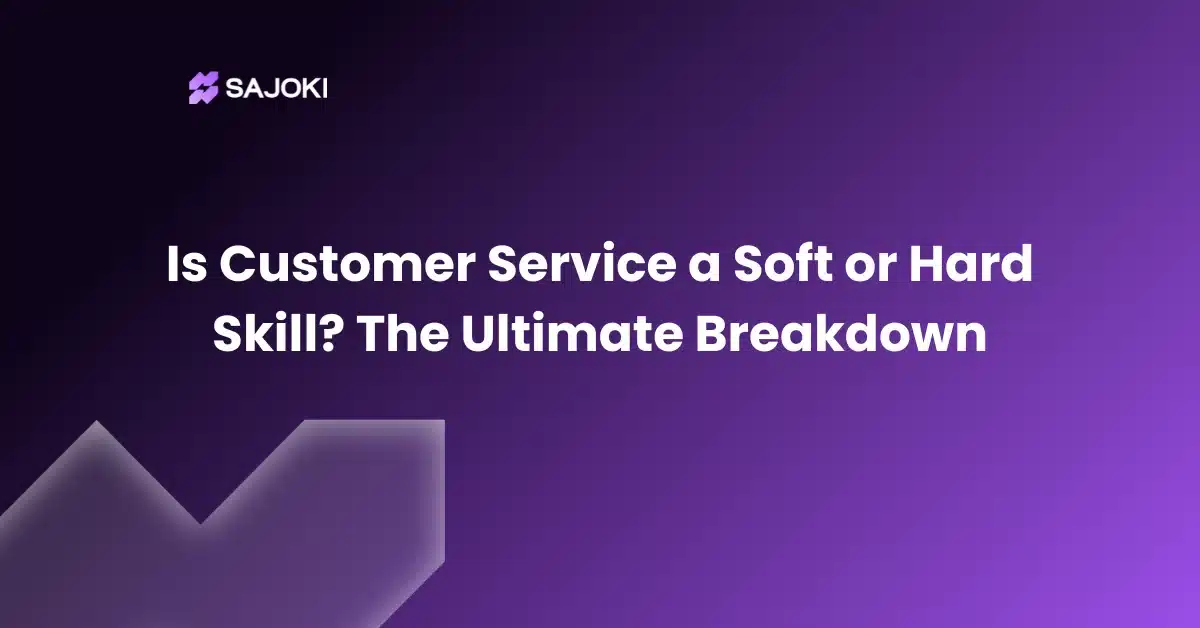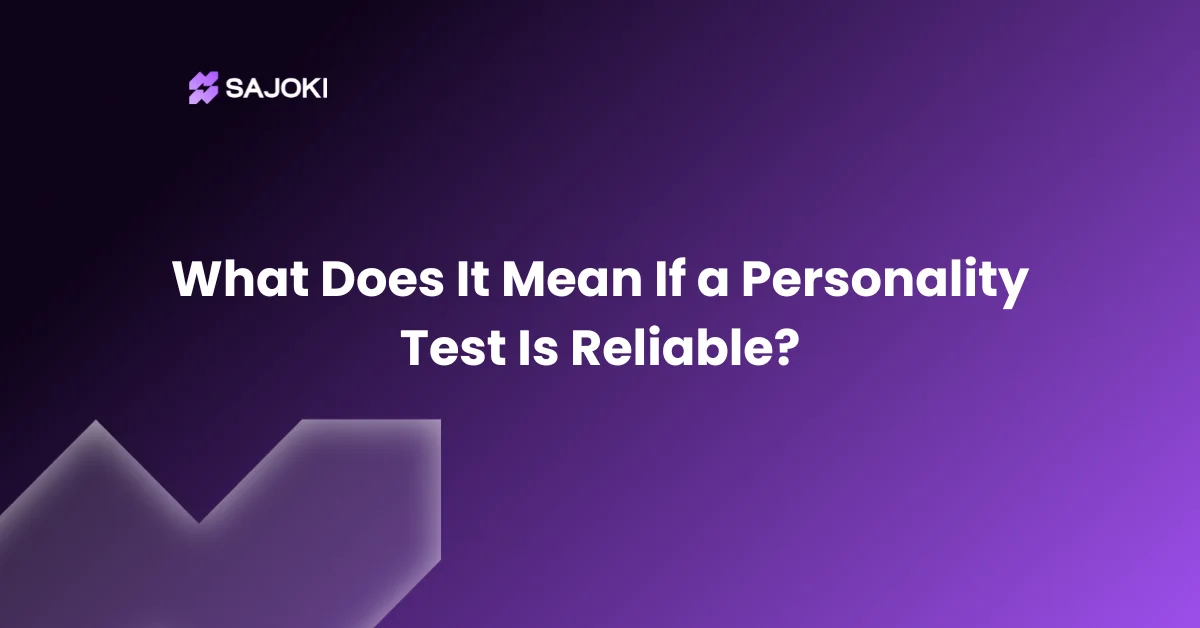Every business will agree that customer service is the backbone of the company. Yet, we have all experienced a frustrated customer, a clock ticking at the back, and the pressure to solve the issue. Businesses often overlook what it takes to be a customer service agent and hire based on the wrong dimensions.
So is customer service a soft or hard skill?
At its core, customer service is about soft skills such as active listening, patience, and empathy. However, we can’t ignore hard skills in this case. Hard skills such as product knowledge, technical skills as well as data entry come in handy. Overall, both are equally important in this case.
In this guide, we will uncover all the secrets there is in the duality of soft skills and hard skills in this role. Furthermore, we will explore the soft skills and hard skills required for this role. Lastly, you can use the tools to assess them. Let’s start with the basics first.
What are Soft Skills and Hard Skills?
Before we understand whether is customer service a soft skill or hard skill, we have to understand what they are in the first place. Most of us aren’t aware of the exact meaning and often use them loosely which leads to confusion. Let’s clear that up first.
What are Soft Skills?
Soft skills are human-centric skills that are used in human interaction. This includes how you interact with others (customers in this case) and handle situations. On the street, you will often hear “people skills” which is exactly what soft skills mean.
Nevertheless, they are very difficult to quantify without any special tools. However, they are crucial, especially for customer support as communicating, collaborating and problem-solving are the key components of this role.
Here are some examples of soft skills;
- Communication
- Empathy
- Time Management
- Adaptability
- Self-Motivation
What are Hard Skills?
Hard skills are mostly related to technical skills that are often teachable. You can gain them from training, education as well as repetition. Furthermore, measuring it doesn’t require any special tools and is very specific when it comes to a role.
Whether it be industry knowledge or even coding skills, they all fall under hard skills. One easy way to distinguish it is to ask yourself “Can I test it or certify it.” If the answer is yes, you can consider it a hard skill.
Existing Relevant Content:
Here are some examples of hard skills;
- Data analysis
- Graphics design
- Coding
- Fluency in multiple languages
- Handling machineries
Is Customer Service A Soft or Hard Skill?
While the questions seem simple, the answer isn’t.
Customer service is a role that sits right between hard skills and soft skills. Boxing it into one category is like discussing whether a cake is about the ingredients or the baking. You need both to make it work.
In a role like customer service, you have to connect with your customers which is a soft skill. On the other hand, you have to solve their problems which often requires hard skills.
Why Customer Service Isn’t Just a Soft Skill
Different soft skills in customer service like empathy, patience, and good communication are qualities that let consumers feel heard and valuable. Undoubtedly, these are the foundation of customer service. However, they are not enough.
Consider a client complaining about a faulty product via call. Even though you care and are friendly with the client, you don’t know how to fix that issue. As a result, you ask the client for 5 minutes of time which leads to the customer being annoyed.
Well, that’s where the effectiveness of soft skills ends. You can only make them feel heard but not being able to solve their problem quickly doesn’t do any good.
Why Customer Service Isn’t Just a Hard Skill
Let’s flip the script now. Let’s say you are someone who is excellent at technical things and can solve any glitches or technical problems within seconds.
When a stressed-out client describes their problem, you reply with technical wordings filled with jargon. Certainly, you solved their problem but they go off thinking more of a number than a person.
Psychologically speaking, consumers want respect more than they want answers. A cold interaction can harm the loyalty between the customer and the company.
The Sweet Spot: Mixing Soft Skill and Hard Skill
Customer service succeeds when soft and hard skills work together. Soft skills like communication and hard skills like mastering CRM tools can blend to solve issues swiftly and warmly.
Companies should invest in balanced training if they already aren’t for customer support that solves problems with brains and hearts. This results in support that feels less like a transaction, and more like a partnership.
What Hard Skills Are Required for Customer Service
Let’s check out the hard skills required for customer service.
1. Product Knowledge

Knowing your product inside out is one of the key hard skills that you will require in a job role like customer service. Deep knowledge like features, updates, and common hiccups is your weapon in customer support and without it, you won’t be able to provide adequate help.
2. Utilizing CRM Tools

Customer Relationship Management (CRM) systems like Zendesk or Salesforce are your best friends. Mastering these tools means you can track everything that is going on with the customers, and keep everyone up to date. This is crucial for a smooth workflow in the company.
3. Basic Technical Troubleshooting

Customers don’t care why their payment failed, they just want it fixed. This is where basic technical troubleshooting skill comes in handy. Whether it be debugging software, unclogging a billing error, or walking someone through a reset, it is a must-have hard skill for this role.
4. Data Entry

Basic data entry with fast hands is a great hard-skill tool to have on your side when assisting customers. Keeping records of customers such as emails, phone numbers and the history of their problems is unparalleled.
5. Adhering to the Company and State Law

Every company has protocols for refunds, returns, as well as data privacy. All conversations should be done keeping their policy in mind. This ensures you or the company you work for fall into any legal problems.
6. Basic IT Literacy

You don’t need to code, but you do need to navigate everyday tech. This includes sending emails, managing live chats, and resetting passwords. Without it, you will have a very hard time adjusting yourself to the customer support.
What Soft Skills Are Required for Customer Service
Now let’s check out the soft skills that are required for customer service.
1. Empathy
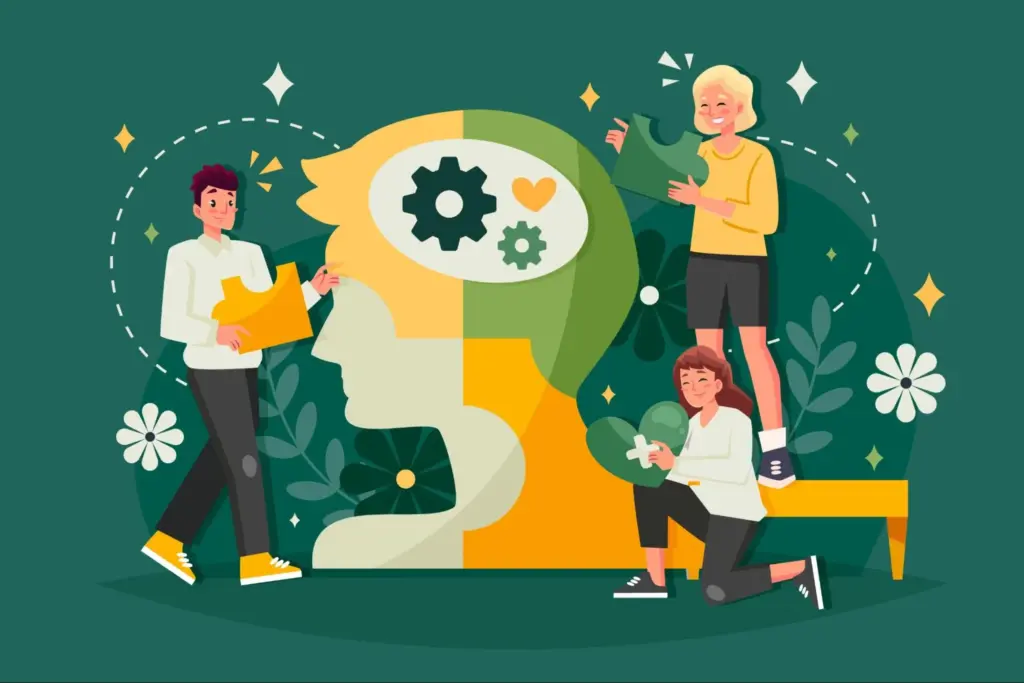
Empathy isn’t just saying, “I understand.” It’s showing you get it. Suppose a customer is angry that you missed a deadline. They don’t want a scripted excuse. They want to be understood. Empathy lets you step into their shoes understand their problem deeply and let them know you get it!
2. Active Listening

Active listening doesn’t mean you are just nodding your head. It’s more than that. Active listening refers to catching the stress in their voice, the unspoken worry, and many more unsaid things. A good active listener builds trust with the customer which is ideal for the business.
3. Patience

As a customer service rep, you will come across thousands of complaints which requires immense patience. You can’t just blast off your anger at your customers. You have to keep in mind that customers don’t call because they’re having a great day.
4. Clear Communication

We can’t emphasize more on how important clear communication is in this role. However, what keeps the communication authentic is communicating without jargon. Customers hate jargon and want answers straight to the point.
5. Adaptability
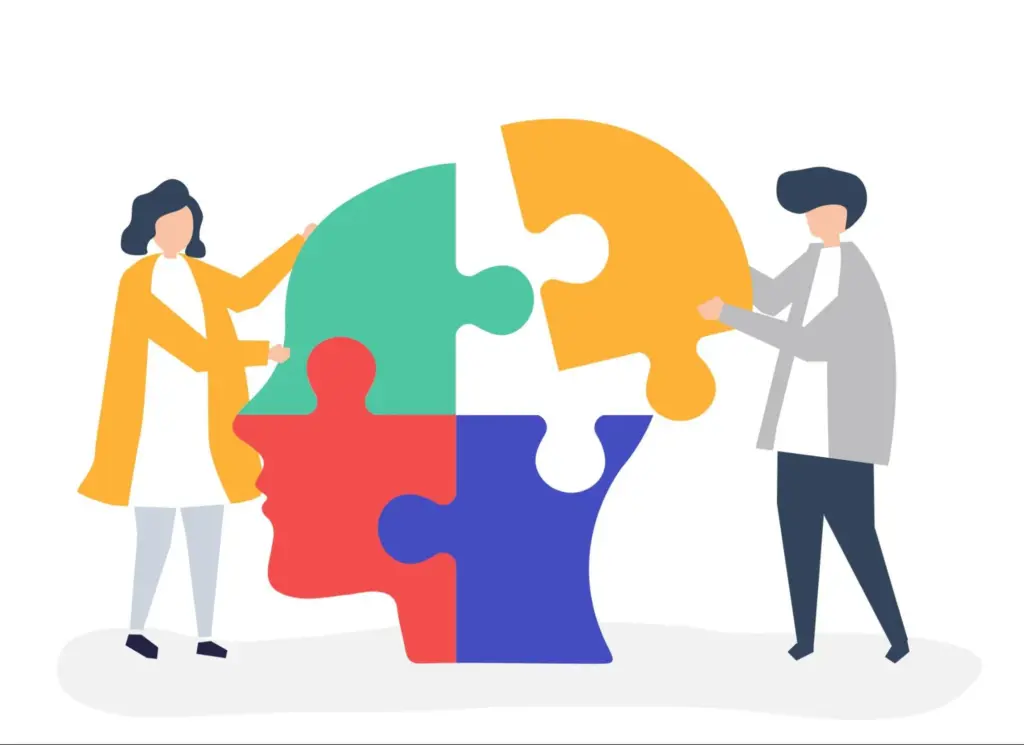
Being a customer service agent requires constant adaption. One minute you are resetting someone’s password and the next minute you are calming someone down for service downtime. In short, adaptability is pivoting without panic and switching tones.
Positivity

While most people think a cheerful tone is fake, it’s fuel in this role. Positivity turns “I’ll check on that” into “I’ll get this sorted for you!.” This small change in tone can lead to happier customers and is vital in this industry.
3 Tools to Measure Hard Skills in Customer Service
Let’s briefly check out the tools you can use to measure hard skills.
1. eSkill

eSkill lets employers design custom tests to measure exactly what matters in this role. Starting from CRM navigation, data entry speed, or troubleshooting accuracy, you can test everything related to hard skills.
2. Vervoe
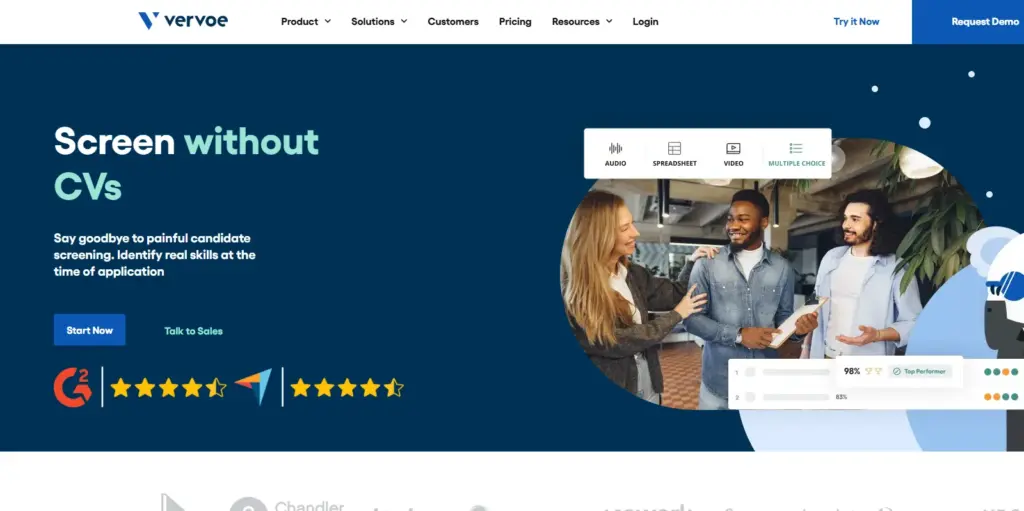
Vervoe uses AI to take potential customer service reps into hyper-realistic situations that they might face. This includes tasks like using CRM in different scenarios and a lot more.
3. Criteria Corp

Criteria Corp is another excellent tool that provides scenario-based testing like Vervoe. Their assessments drop candidates into scenarios that mimic actual workflows in a role like customer service. This includes; diagnosing tech issues, and processing returns.
3 Tools to Measure Soft Skills in Customer Service
Let’s briefly check out the tools you can use to measure soft skills.
1. SAJOKI
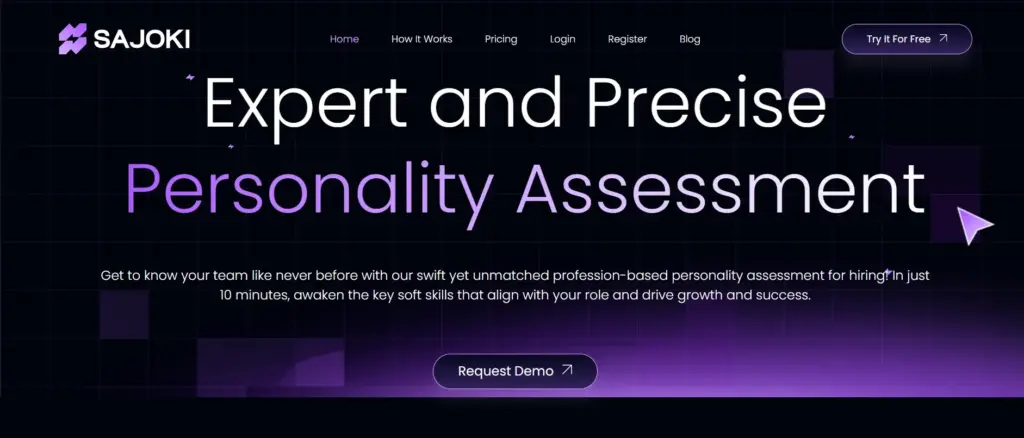
SAJOKI is an all-in-one AI tool that doesn’t scan resumes, it builds a resume for an individual that is authentic and useful for the role. By tossing candidates into tailored questionnaires, SAJOKI helps uncover all the soft skills that one holds such as team collaboration and problem-solving capabilities.
Existing Relevant Content:
Why SAJOKI Stands Out: Comparing Top AI Personality Testing Platforms
2. Mercer Mettl
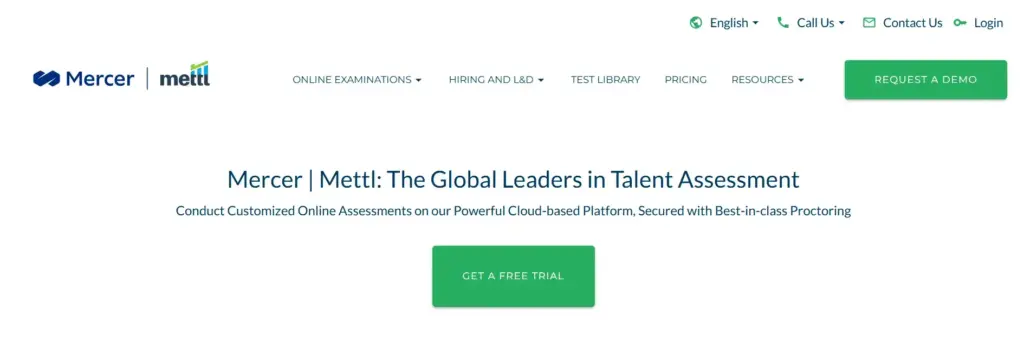
Mercer Mettls provides assessments that can assess both technical and soft skills. However, the emphasis on soft skills is more. You can use it to measure cognitive speed and critical thinking which is often required in this role.
3. TestGorilla
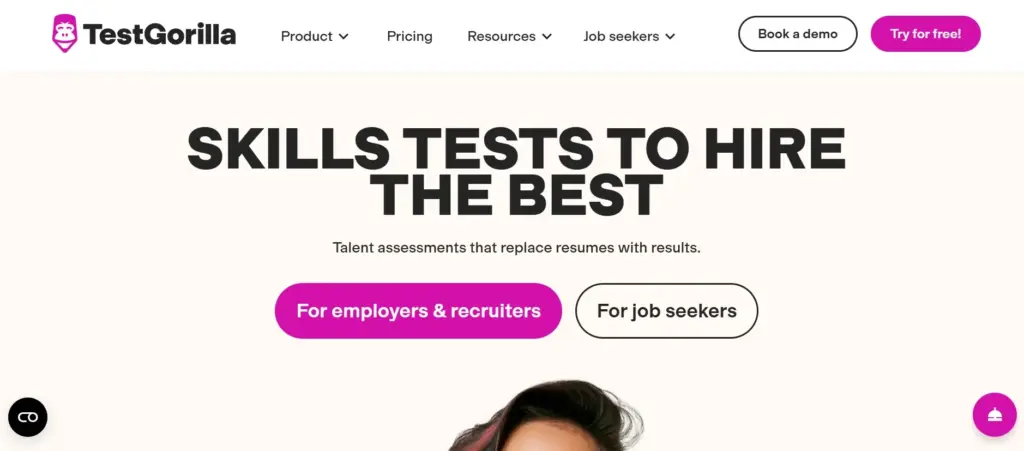
TestGorilla is a pre-employment testing platform that comes with 400 assessments. Within these assessments, you will get insights into essential soft skills such as communication, critical thinking, and leadership. This way employers can ensure their candidates are a perfect fit for the role.
Existing Relevant Content:
Top-Rated Soft Skill Testing Solutions for Employers
FAQ
Now you know everything that is required to know whether is customer service a soft or hard skill. Let’s take a look at some commonly asked questions regarding this topic.
1. Are there industries where hard skills matter more in customer service?
Yes, there is. Industries that are entirely related to tech and healthcare require more hard skills than soft.
2. Can you train someone to develop soft skills?
Yes, an individual can develop soft skills but are difficult compared to hard skills. Workshops, feedback sessions, and mindfulness can contribute to better soft skills.
3. Will AI replace the need for soft or hard skills?
No, AI cannot replace the need for soft or hard skills. Think of it like a tool that handles routine tasks. Human interaction is still required to solve problems, read emotions, and build trust.
4. How do I handle a customer service agent who’s great with people but struggles with technical tools?
The best way you can fix that is by pairing them with a technical guy. Furthermore, dedicated technical training can go a long way in this scenario.
5. Can strong hard skills make up for weak soft skills in customer service?
No, they are equally important. Hard skills resolve the issue, whereas soft skills take care of the relationship.
Conclusion
To conclude, the answer to is customer service a soft or hard skill is both. You need a combination of both soft and hard skills to become a great customer service agent. Trying to split them apart is like asking whether a guitar needs strings or a musician to make music.
While soft skills like active listening and empathy are important, hard skills such as using CRM tools and data entry are vital in this job. Nevertheless, tools like SAJOKI and eSkill make the entire measuring process smoother.
